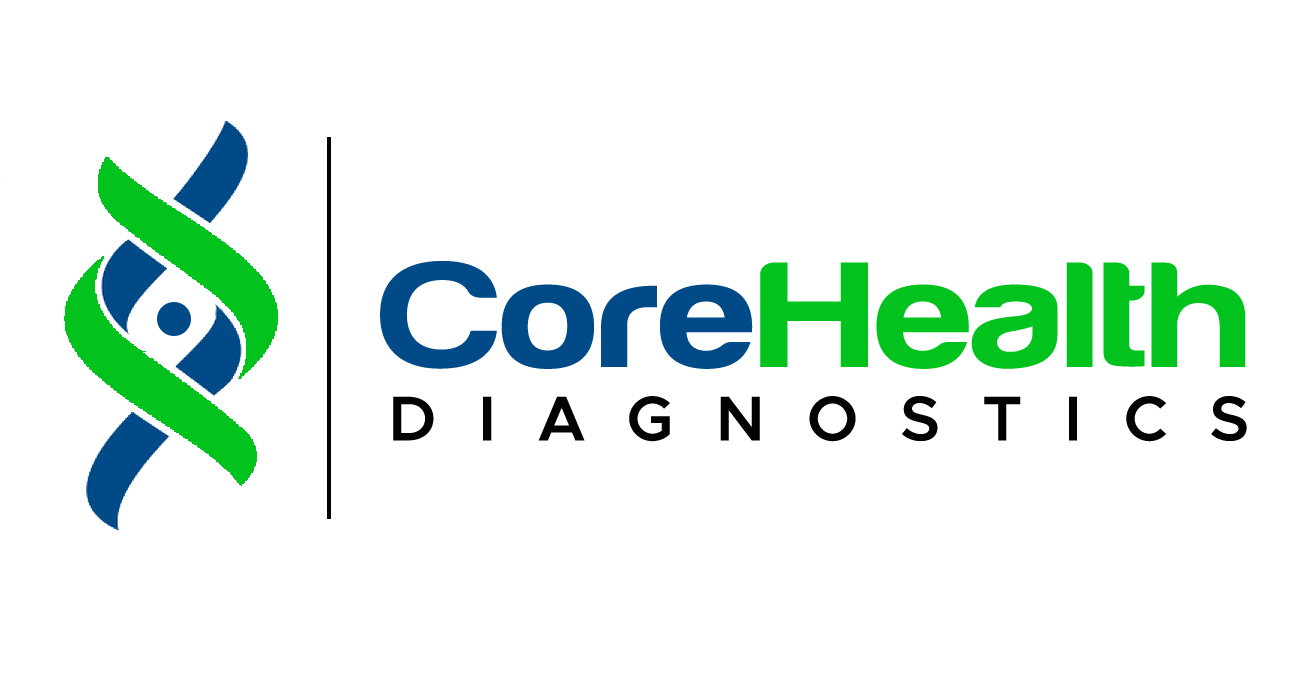In our fast-paced world, convenience often reigns supreme. This extends to healthcare, where the temptation to self-medicate – treating ailments without consulting a doctor – can be strong.
While readily available over-the-counter medications and seemingly endless online resources offer a quick fix, self-medication can be a dangerous gamble with your health. Let’s delve into the hidden pitfalls of this seemingly harmless practice. Below are some of the danger of self medication:

1. There Could be Misdiagnosis
The human body is a complex machine, and symptoms can often be misleading. A headache, for instance, could be a sign of dehydration, stress, or even a more serious underlying condition.
Self-diagnosing based on online searches or past experiences is fraught with risk. You might mistake a symptom for something less severe, leading to delayed treatment for a more critical issue.
Conversely, you could misdiagnose and take medication that’s unnecessary or even harmful for your actual condition.
2. The Dangers of Incorrect Dosage
Even if you correctly identify your ailment, getting the dosage right is crucial. Over-the-counter medications come with recommended doses for a reason. Taking too little might render the medication ineffective.
However, the greater danger lies in exceeding the recommended dosage. This can lead to a multitude of side effects, some potentially life-threatening, including organ damage and overdose.
Factors like age, weight, and existing health conditions can further complicate dosage decisions, making a doctor’s expertise invaluable.
3. The Risk of Drug Interactions
Many of us juggle multiple medications, whether prescription or over-the-counter. However, some medications have adverse interactions when combined.
These interactions can render one or both medications ineffective, or worse, create new and potentially dangerous side effects. Even seemingly innocuous herbal supplements can interact with medications in unpredictable ways.
A doctor can assess your complete medical picture and ensure your medications work together safely and effectively.
4. The Problem of Symptom Suppression
While over-the-counter medications can provide temporary relief, they often only address symptoms, not the underlying cause of the problem.
For example, taking pain relievers for chronic back pain might mask a more serious issue like a slipped disc or sciatica, delaying proper diagnosis and treatment. This can lead to long-term complications and a worsening of the condition.
5. The Risk of Addiction
Certain medications, particularly those meant for pain relief or anxiety, can be addictive. Self-medicating with these medications can lead down a slippery slope of dependence and addiction.
Without proper medical supervision, it becomes increasingly difficult to manage the original symptoms without resorting to ever-higher doses, creating a vicious cycle. Doctors can help you find alternative treatments and develop a safe tapering plan if necessary.
Recognizing When Self-Care Isn’t Enough
While self-care plays an important role in maintaining overall health, there are times when professional medical advice is crucial. Here are some red flags that indicate you should seek help from a doctor:
- Symptoms persist or worsen: If your symptoms don’t improve within a few days, or if they actually get worse, it’s time to see a doctor.
- High fever: A high fever, especially in children or infants, can be a sign of a serious infection.
- Bleeding or unusual discharge: Blood in your stool, urine, or vomit is never a good sign and requires immediate medical attention.
- Difficulty breathing: Any difficulty breathing warrants a trip to the doctor or emergency room.
- Sudden or severe pain: Sudden and severe pain, especially in the chest or abdomen, could be a sign of a life-threatening condition.
The Path to Wellness: Safe and Effective Alternatives
Fortunately, there are plenty of safe and effective alternatives to self-medication. Here are a few things you can do to take charge of your health without resorting to potentially harmful practices:
1. Seek professional guidance: Schedule an appointment with your doctor to discuss your symptoms and concerns. They can diagnose the underlying issue and recommend the safest and most effective treatment plan.
2. Focus on preventative healthcare: Maintaining a healthy lifestyle through exercise, proper nutrition, and adequate sleep can help prevent many common illnesses.
3. Explore natural remedies: Certain natural remedies can offer relief for minor ailments. However, it’s important to discuss these with your doctor to ensure they won’t interfere with any medications you’re taking.
Conclusion
Self-medication may offer a tempting shortcut, but the risks far outweigh the potential benefits. Taking control of your health means working with a doctor to understand your body and receive the appropriate treatment. By prioritizing a safe and effective approach, you




